A steering wheel can shake due to unbalanced tires, misaligned wheels, warped brake rotors, worn suspension parts, or damaged wheel bearings. Each of these issues creates vibration that travels up through the steering column.
There’s nothing quite as unsettling as driving down the road and feeling your steering wheel shaking in your hands. Whether it’s a subtle steering wheel wobble or a full-on tremor, that vibration isn’t just annoying—it’s a signal that something’s wrong.
If your car shakes when driving, especially at higher speeds or when braking, don’t ignore it. These vibrations can indicate issues with your tires, suspension, brakes, or steering system—each with potential safety implications. This guide will walk you through what causes steering wheel shake, how to diagnose it, and what it takes to fix it.
✅ Want peace of mind when the unexpected happens? Visit the Noble Quote Learning Center to explore more car repair insights and extended protection options.
What Causes Steering Wheel Shake?
A steering wheel shakes because of issues with the tires, wheels, suspension, or brakes. The most common culprits are unbalanced tires, misaligned wheels, worn suspension parts, warped brake rotors, or damaged wheel bearings.
Let’s dive into each cause in more detail.
Unbalanced Tires
Unbalanced tires are a top reason for steering wheel vibration. If the weight distribution on your wheels isn’t even, it creates a wobble—often felt at speeds over 50 mph. That’s why your steering wheel shakes at 60 mph or higher.
Symptoms:
- Vibration in steering wheel at high speed
- Uneven tire wear
- Car vibrates when accelerating
Fix:
A simple wheel balancing service at a shop usually solves this problem. This process attaches small weights to the wheel to counter any imbalance.
Wheel Alignment Issues
Poor wheel alignment can lead to your steering wheel shaking when turning or pulling to one side. It often occurs after hitting a pothole or curb too hard.
Symptoms:
- Uneven tire wear
- Car shakes when I hit a bump
- Vehicle pulling to the left or right
Fix:
A wheel alignment readjusts the angles of your tires so they sit properly on the road.
Worn Suspension Components
Your suspension system—tie rods, ball joints, control arms—connects the steering to your wheels. When these parts wear out, the result is a shaky steering wheel.
Common Components to Check:
- Worn tie rod ends symptoms include steering looseness and clunking noises.
- Bad ball joint symptoms include uneven tire wear and wandering steering.
Fix:
These components often require replacement once worn. A mechanic can check for play or looseness and advise on repair.
Brake Rotor Problems
If your car shakes when braking, especially from high speeds, you likely have warped brake rotors. The uneven rotor surface causes the brake pad to pulse, translating that vibration up through your steering wheel.
Symptoms:
- Steering wheel shakes when I brake
- Pulsation in brake pedal
- Car shakes when slowing down
Fix:
Resurfacing or replacing rotors usually eliminates the wobble. Be sure to replace brake pads at the same time for even contact.
Damaged Wheel Bearings
While less common, damaged wheel bearings can also cause a steering wheel shimmy, especially during turns or uneven road surfaces.
Symptoms:
- Growling noise from wheel area
- Steering instability
- Car shakes but steering wheel is fine (sometimes)
Fix:
Worn bearings must be replaced. This repair should be done promptly as it can lead to wheel failure if ignored.

Other Possible Causes of Steering Wheel Shake
Let’s look at other potential issues that may cause or contribute to steering vibration.
New Tires or Wheels
If your steering wheel shakes after new tires are installed, the issue could be due to improper balancing or defective tires. It’s important to return to the shop and have it checked.
Bumpy Roads or Pothole Damage
Sometimes, the road is to blame. If your car shakes when you hit a bump, it may have jarred your suspension or knocked your alignment out.
Tire Issues
A bulged tire, separated tread, or underinflated tire can cause a shake. If your car shakes but steering wheel is fine, the issue may be in the rear tires instead.
How to Diagnose Steering Wheel Vibration
How to check for a shaking steering wheel:
- Start with speed: Does the shake begin at a certain speed? If so, it’s likely tire balance or alignment.
- Notice when it happens: Only when braking? Check rotors. During turns? Look at suspension.
- Inspect your tires: Look for bulges, uneven wear, or low pressure.
- Feel other areas: Vibration in gas pedal and steering wheel could indicate driveline or motor mount issues.
- Listen carefully: Any clicking, grinding, or clunking can point to deeper suspension or bearing problems.
Can I Drive With a Shaking Steering Wheel?
Technically, yes—but you shouldn’t. While your car may still be driveable, a shaky steering wheel often means compromised safety. It may lead to uneven tire wear, degraded braking, or a loss of control.
If you feel a steering wheel shaking at high speed or when braking, get it inspected immediately.
How to Fix a Shaking Steering Wheel
Here are the most common repairs and fixes for a shaking steering wheel, along with estimated costs:
| Issue | Fix | Estimated Cost |
|---|---|---|
| Unbalanced Tires | Wheel balancing | $40–$100 |
| Misaligned Wheels | Wheel alignment | $80–$200 |
| Warped Brake Rotors | Rotor replacement | $250–$600+ |
| Worn Tie Rods / Ball Joints | Suspension repair | $150–$800+ |
| Damaged Wheel Bearings | Bearing replacement | $300–$800+ |
Curious how coverage might help with these repairs? Check out Noble Quote Auto Protection to learn about your options.

Preventing Steering Wheel Vibration
Prevention is the best fix. Here are tips to avoid steering shake:
- Get regular wheel balancing and alignment
- Rotate tires every 5,000 to 7,500 miles
- Inspect brakes at every oil change
- Avoid potholes and curbs
- Replace worn suspension parts promptly
Final Thoughts
A steering wheel shaking isn’t just a nuisance—it’s a warning light from your car. From car vibration at highway speed to a car that shakes when braking, understanding the cause is the first step to a smooth ride again.
Don’t wait for a minor vibration to become a major repair. Keep your vehicle running smoothly—and yourself safe on the road.
For more guides and to explore how to protect your car from future repairs, visit the Noble Quote Learning Center.
Top Questions About Steering Wheel Shake: Causes, Safety, and Fixes Answered
What causes a steering wheel to shake while driving?
Why does my steering wheel shake when I brake?
The most common cause is warped brake rotors. When brake pads press against an uneven rotor surface, they cause pulsations that are felt in the steering wheel.
Is it safe to drive with a shaking steering wheel?
Driving with a shaking steering wheel isn’t safe. It could indicate serious issues like brake or suspension problems. Ignoring it may lead to increased wear or even loss of control.
How do I fix a shaking steering wheel?
Start by checking tire balance and alignment. If the problem persists, inspect brake rotors, suspension components like tie rods and ball joints, and wheel bearings. Repairs depend on the cause.
Why does my steering wheel shake at high speeds?
Unbalanced tires are the most likely cause of steering wheel shake at high speeds, especially above 50–60 mph. Worn suspension parts and alignment issues can also contribute.
Can new tires cause my steering wheel to shake?
Yes. If new tires are not properly balanced or if there’s a defect in the tire, it can cause immediate vibration in the steering wheel. Return to the installer for a recheck.
What are the signs of unbalanced tires?
Common signs include a shaking steering wheel at high speeds, uneven tire wear, and vibrations in the floor or seats. You may also notice poor fuel efficiency and handling.
Why does my car shake when I slow down?
A car that shakes while slowing down often has warped brake rotors. The uneven surface causes vibration when the brake pads make contact during deceleration.
How much does it cost to fix steering wheel vibration?
Costs vary. Tire balancing can cost $40–$100, while rotor replacement or suspension repairs may run $300–$800 or more. Diagnosis is the first step to accurate pricing.
Can I diagnose steering wheel wobble myself?
You can look for visible tire damage, check tire pressure, and note when the shake occurs (e.g., braking, turning, high speeds). For safety, it’s best to have a mechanic confirm the diagnosis.
Suggestions for you
Read MoreLet’s work together
Every week we showcase three charitable organizations that our donations are sent to. Our clients are able to choose which of these three will receive their gift when they add coverage to their vehicle...

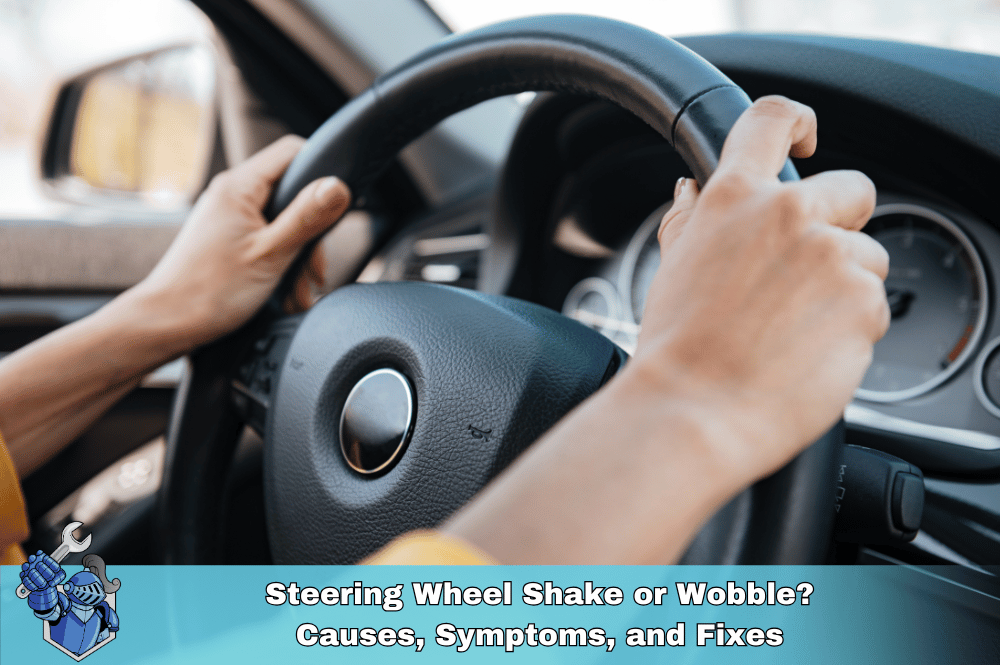
 Brad Pitt F1 Movie: Everything You Need to Know About the Release Date, Cast, and APXGP Car
Brad Pitt F1 Movie: Everything You Need to Know About the Release Date, Cast, and APXGP Car Subaru Forester: The Unsung Hero of Adventure, Value, and the Long Haul (Owner Insights & VSC Value)
Subaru Forester: The Unsung Hero of Adventure, Value, and the Long Haul (Owner Insights & VSC Value) Beyond the Screen: Immersive Autotainment & the Future of the Mobile Living Room
Beyond the Screen: Immersive Autotainment & the Future of the Mobile Living Room The Silent Thief: How Micro-Vibrations and Hidden Wear Shorten Your Car's Life (And How to Stop It)
The Silent Thief: How Micro-Vibrations and Hidden Wear Shorten Your Car's Life (And How to Stop It) The Self-Healing Car & the Rise of the "Automotive AI Whisperer"
The Self-Healing Car & the Rise of the "Automotive AI Whisperer" The Proactive Home: How Smart Tech & Predictive Analytics are Redefining Home Warranties
The Proactive Home: How Smart Tech & Predictive Analytics are Redefining Home Warranties The AI Concierge Car Purchase: Navigating Your Next Vehicle with Personalized Digital Power
The AI Concierge Car Purchase: Navigating Your Next Vehicle with Personalized Digital Power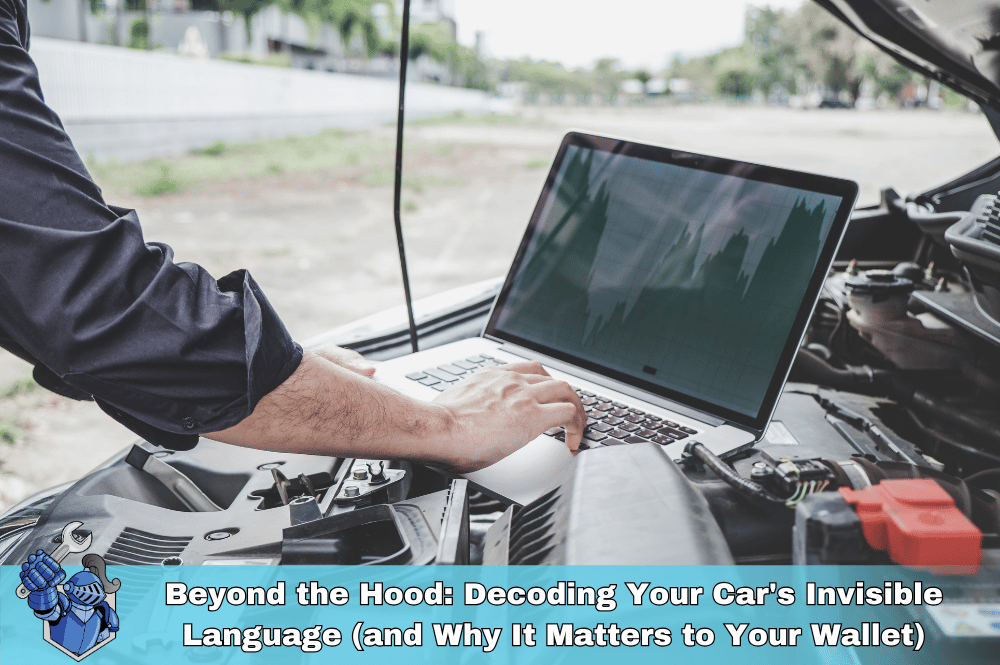 Beyond the Hood: Decoding Your Car's Invisible Language (and Why It Matters to Your Wallet)
Beyond the Hood: Decoding Your Car's Invisible Language (and Why It Matters to Your Wallet) From Depreciation to Appreciation: Monetizing Your Car's Lifecycle in the New Automotive Economy
From Depreciation to Appreciation: Monetizing Your Car's Lifecycle in the New Automotive Economy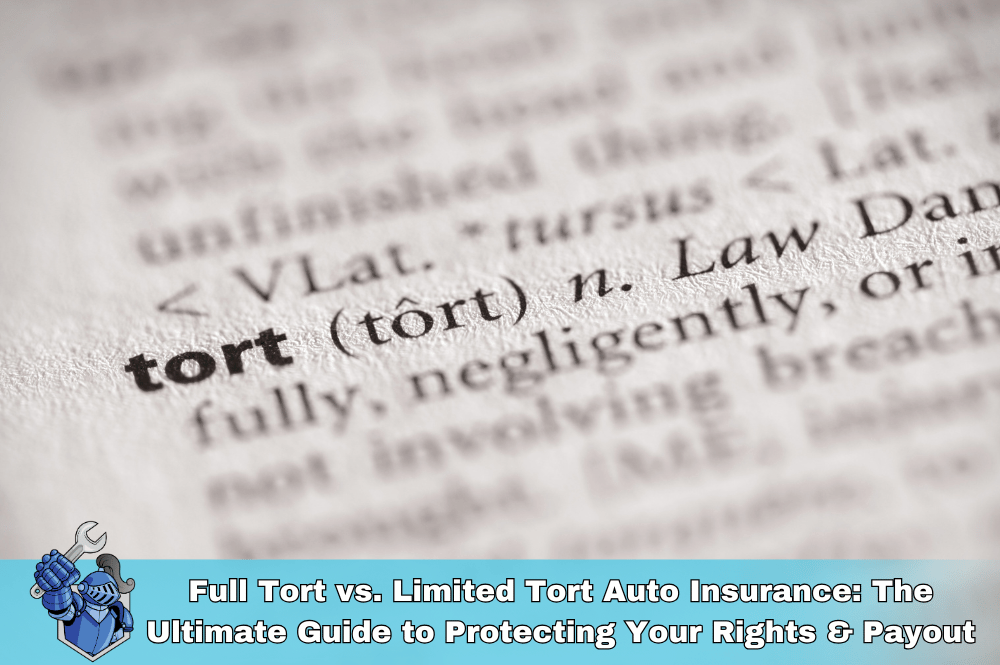 Full Tort vs. Limited Tort Auto Insurance: The Ultimate Guide to Protecting Your Rights & Payout
Full Tort vs. Limited Tort Auto Insurance: The Ultimate Guide to Protecting Your Rights & Payout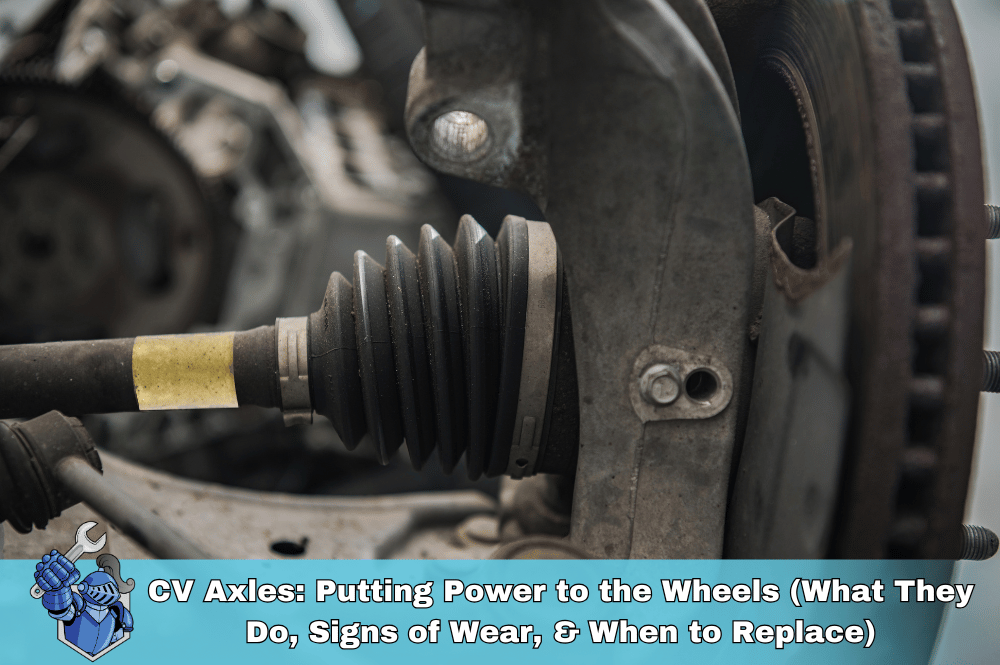 CV Axles: Putting Power to the Wheels (What They Do, Signs of Wear, & When to Replace)
CV Axles: Putting Power to the Wheels (What They Do, Signs of Wear, & When to Replace) 10 Essential Car Prep Tips for Your Family’s Epic Summer Road Trips (2025 Edition)
10 Essential Car Prep Tips for Your Family’s Epic Summer Road Trips (2025 Edition) DriveTime Review 2024/2025: Your Complete A–Z Guide to Buying a Car There
DriveTime Review 2024/2025: Your Complete A–Z Guide to Buying a Car There Rideshare Riches: How Much Can YOU Really Earn Driving for Uber & Lyft in 2025?
Rideshare Riches: How Much Can YOU Really Earn Driving for Uber & Lyft in 2025? The Car Computer (ECM/ECU): The Brain of Your Vehicle (Its Functions, Troubleshooting, & Updates)
The Car Computer (ECM/ECU): The Brain of Your Vehicle (Its Functions, Troubleshooting, & Updates) The Ultimate Truck/SUV Beach Driving Guide: Prep, Safety, & Post-Sand Care
The Ultimate Truck/SUV Beach Driving Guide: Prep, Safety, & Post-Sand Care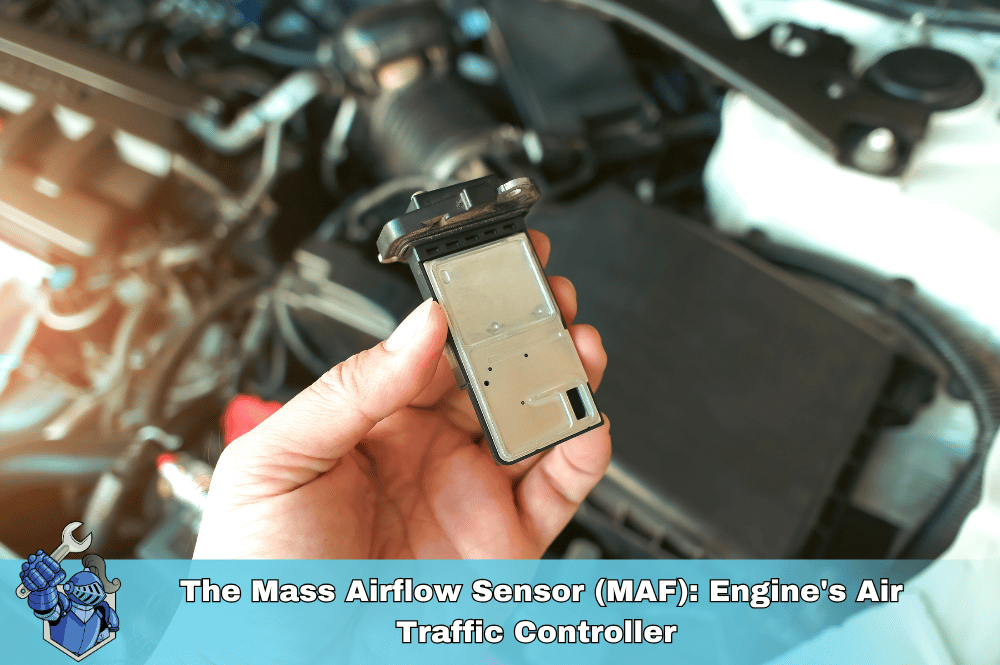 The Mass Airflow Sensor (MAF): Engine's Air Traffic Controller (Function, Symptoms of Failure, & Cleaning)
The Mass Airflow Sensor (MAF): Engine's Air Traffic Controller (Function, Symptoms of Failure, & Cleaning) The Reigning Champion: Why the 2025 Ford Ranger is North America's Truck of the Year
The Reigning Champion: Why the 2025 Ford Ranger is North America's Truck of the Year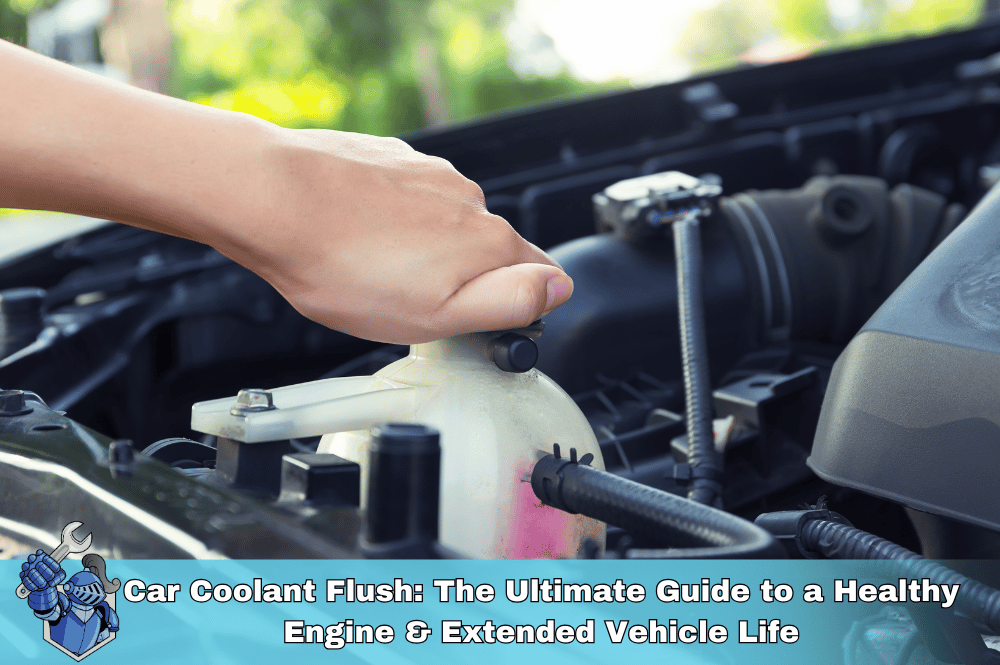 Car Coolant Flush: The Ultimate Guide to a Healthy Engine & Extended Vehicle Life
Car Coolant Flush: The Ultimate Guide to a Healthy Engine & Extended Vehicle Life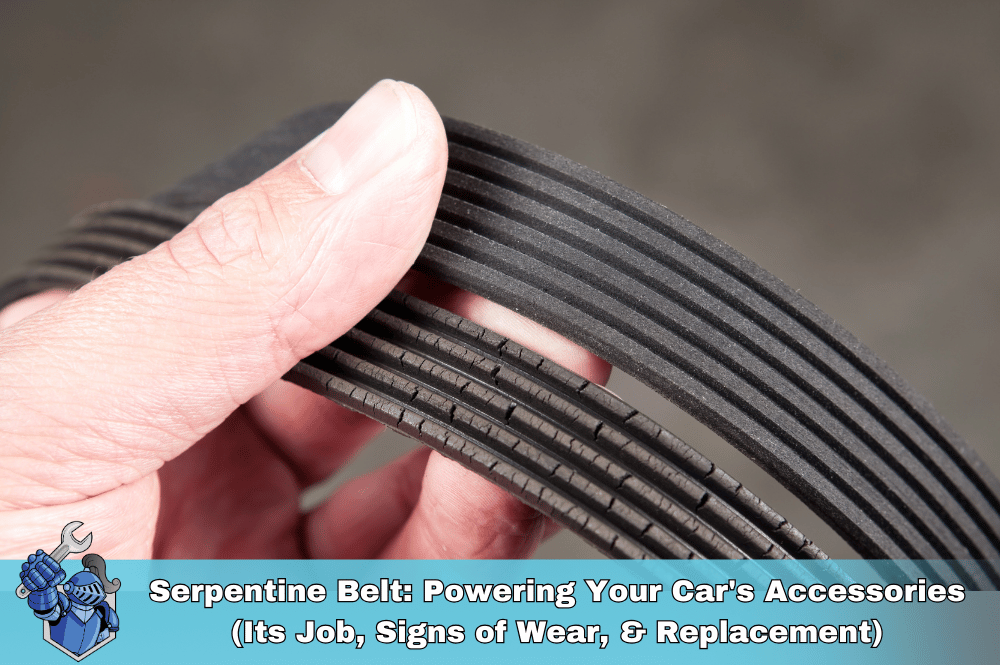 Serpentine Belt: Powering Your Car's Accessories (Its Job, Signs of Wear, & Replacement)
Serpentine Belt: Powering Your Car's Accessories (Its Job, Signs of Wear, & Replacement) BMW M2: The Pure Driving Machine Reborn?
BMW M2: The Pure Driving Machine Reborn? The Ultimate Protection Plan: How Life Insurance Drives Your Family’s Future
The Ultimate Protection Plan: How Life Insurance Drives Your Family’s Future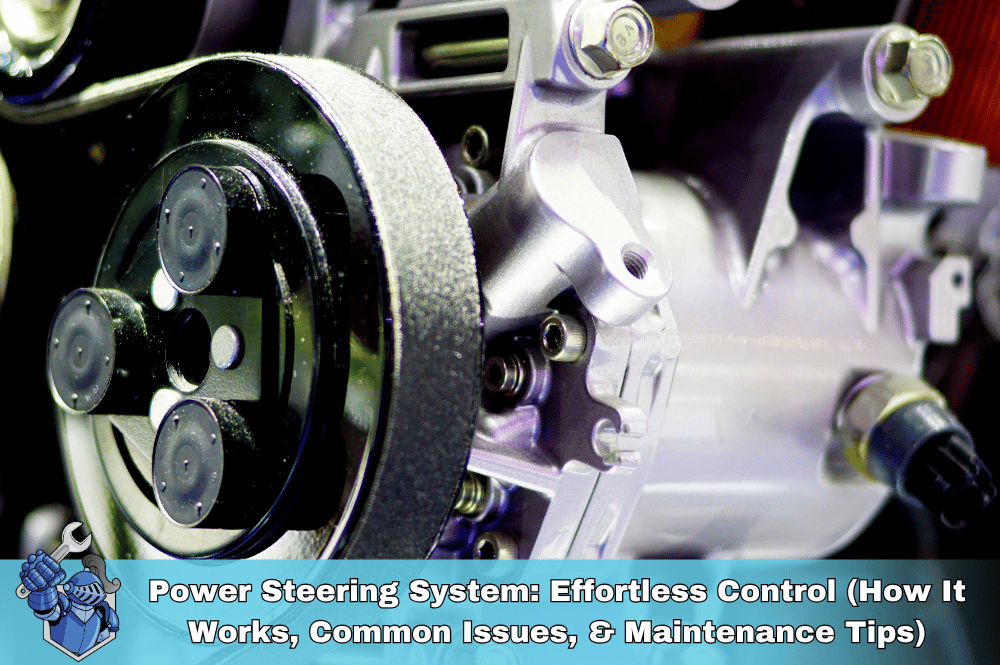 Power Steering System: Effortless Control (How It Works, Common Issues, & Maintenance Tips)
Power Steering System: Effortless Control (How It Works, Common Issues, & Maintenance Tips) End-of-Month Car Deals: Myth or Money-Saver?
End-of-Month Car Deals: Myth or Money-Saver? NobleQuote.com Presents: American National Auto Insurance – Your Complete Guide
NobleQuote.com Presents: American National Auto Insurance – Your Complete Guide Edmunds.com: Your Ultimate Guide to Smarter Car Buying
Edmunds.com: Your Ultimate Guide to Smarter Car Buying The Definitive Guide to Frank Martin's Cars in The Transporter Series
The Definitive Guide to Frank Martin's Cars in The Transporter Series Pre-Existing Conditions and Home Warranties: What You Need to Know Before You Buy
Pre-Existing Conditions and Home Warranties: What You Need to Know Before You Buy Why Your Car Insurance is Skyrocketing in 2025 (and How NobleQuote Can Help)
Why Your Car Insurance is Skyrocketing in 2025 (and How NobleQuote Can Help) The 2025 Toyota Supra: The Grand Finale of a Legend?
The 2025 Toyota Supra: The Grand Finale of a Legend?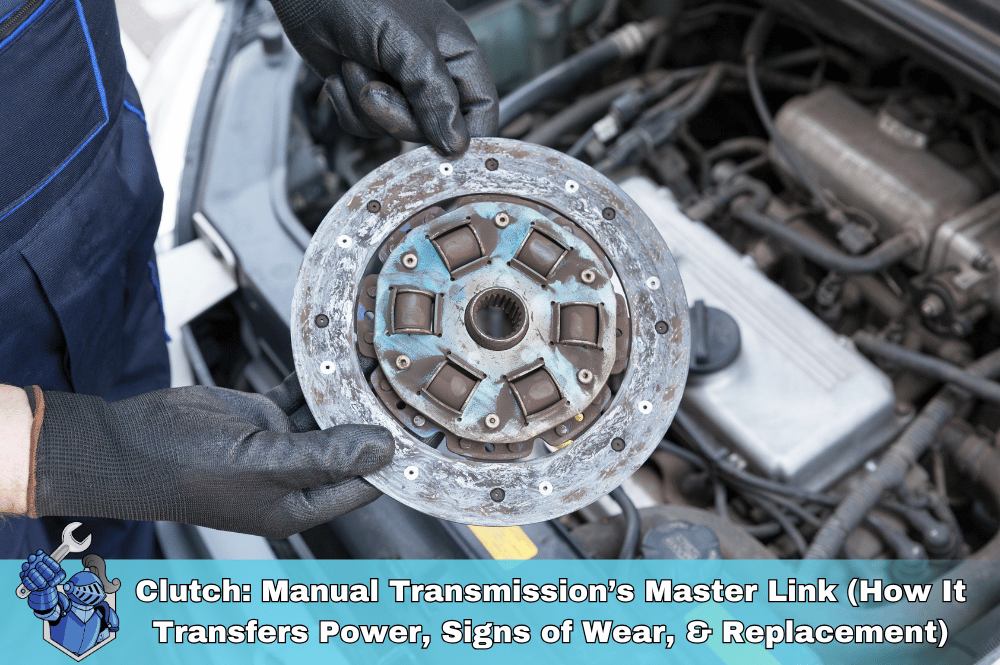 Clutch: Manual Transmission’s Master Link (How It Transfers Power, Signs of Wear, & Replacement)
Clutch: Manual Transmission’s Master Link (How It Transfers Power, Signs of Wear, & Replacement) Teen Driver Car Insurance Costs & Strategies: How to Get Affordable Coverage for Young Drivers
Teen Driver Car Insurance Costs & Strategies: How to Get Affordable Coverage for Young Drivers Is Your Car Insurance Enough? Unexpected Repairs and the Peace of Mind of a NobleQuote Vehicle Service Contract
Is Your Car Insurance Enough? Unexpected Repairs and the Peace of Mind of a NobleQuote Vehicle Service Contract Esurance Auto Insurance Review 2025: Is It the Right Digital Fit for Your Ride?
Esurance Auto Insurance Review 2025: Is It the Right Digital Fit for Your Ride? Cabin Air Filter: Breathing Easy in Your Car (What It Does, Why It Matters, & When to Replace)
Cabin Air Filter: Breathing Easy in Your Car (What It Does, Why It Matters, & When to Replace)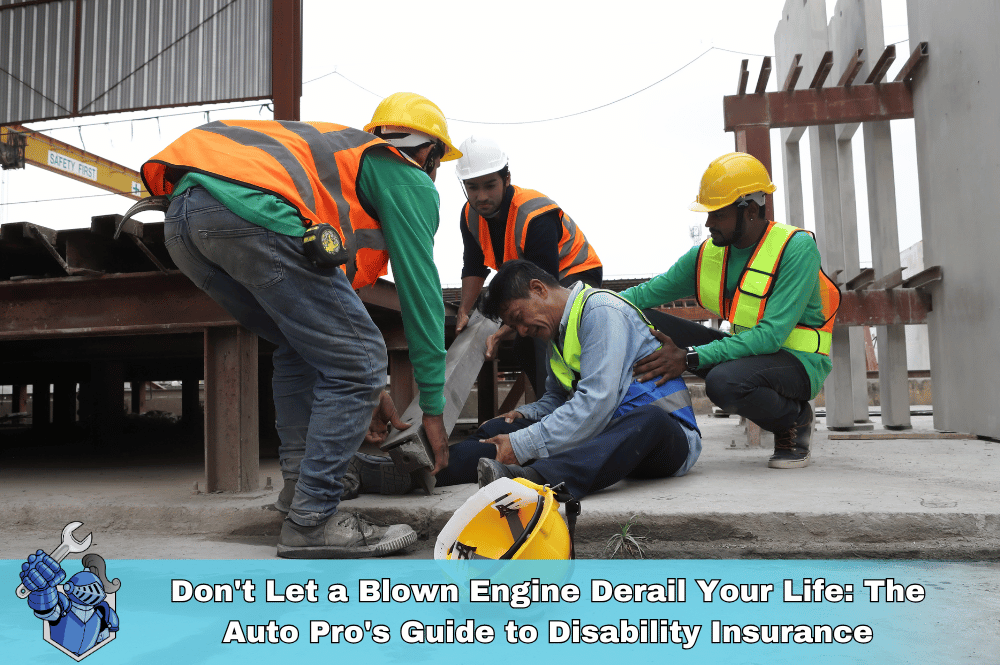 Don't Let a Blown Engine Derail Your Life: The Auto Pro's Guide to Disability Insurance
Don't Let a Blown Engine Derail Your Life: The Auto Pro's Guide to Disability Insurance Car Fuses: The Unsung Heroes of Your Electrical System (What They Do, Common Failures, & How to Replace)
Car Fuses: The Unsung Heroes of Your Electrical System (What They Do, Common Failures, & How to Replace) Godzilla’s Reign: Unpacking the Legend of the 5th Gen Nissan GT-R
Godzilla’s Reign: Unpacking the Legend of the 5th Gen Nissan GT-R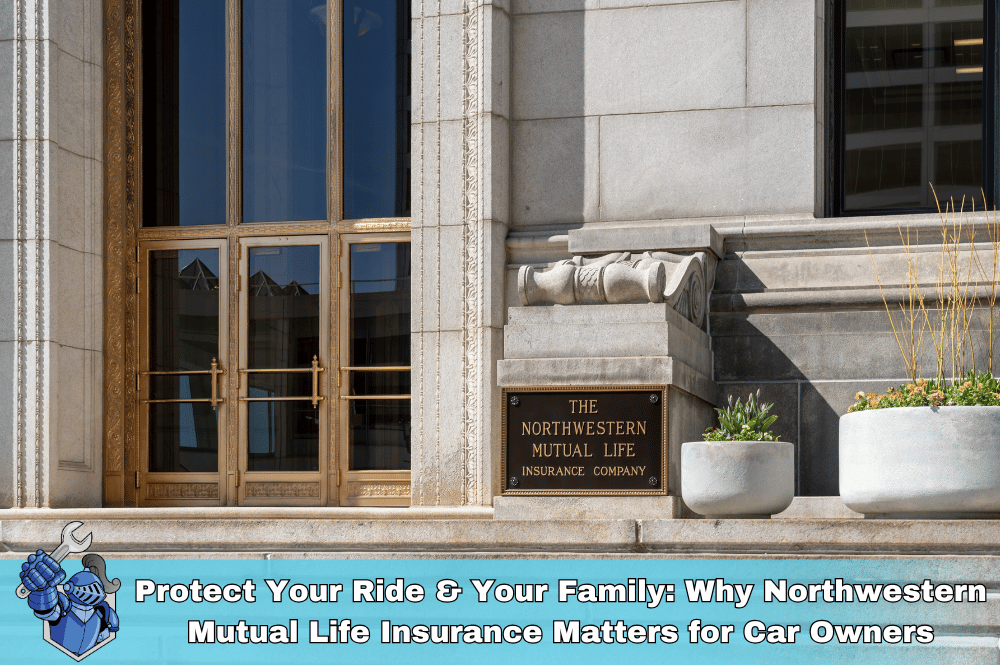 Protect Your Ride & Your Family: Why Northwestern Mutual Life Insurance Matters for Car Owners
Protect Your Ride & Your Family: Why Northwestern Mutual Life Insurance Matters for Car Owners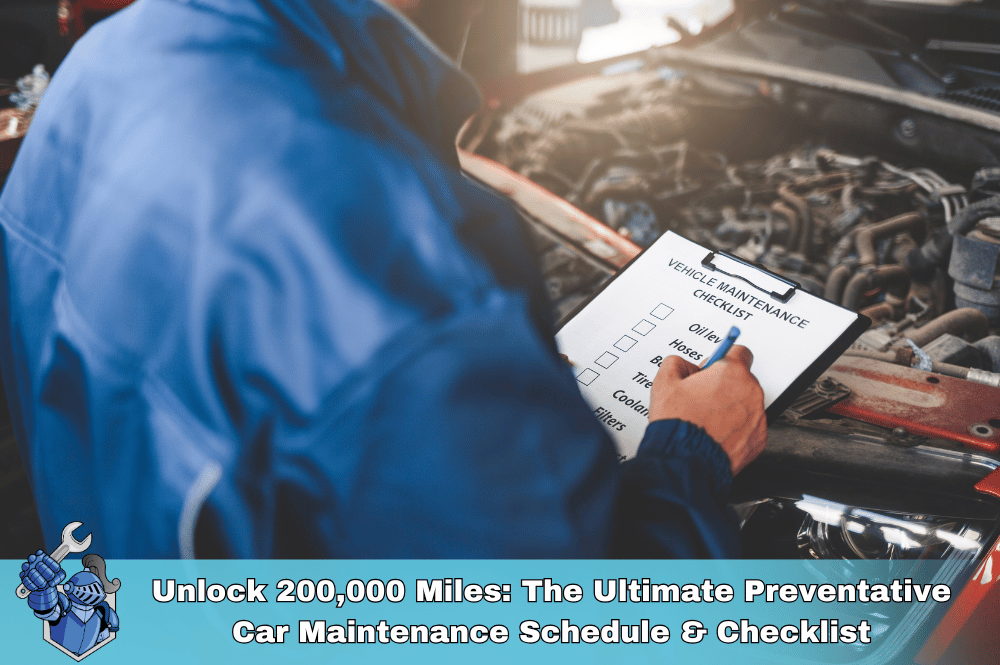 Unlock 200,000 Miles: The Ultimate Preventative Car Maintenance Schedule & Checklist
Unlock 200,000 Miles: The Ultimate Preventative Car Maintenance Schedule & Checklist Scout Motors: The American Icon Reborn for the Electric Age
Scout Motors: The American Icon Reborn for the Electric Age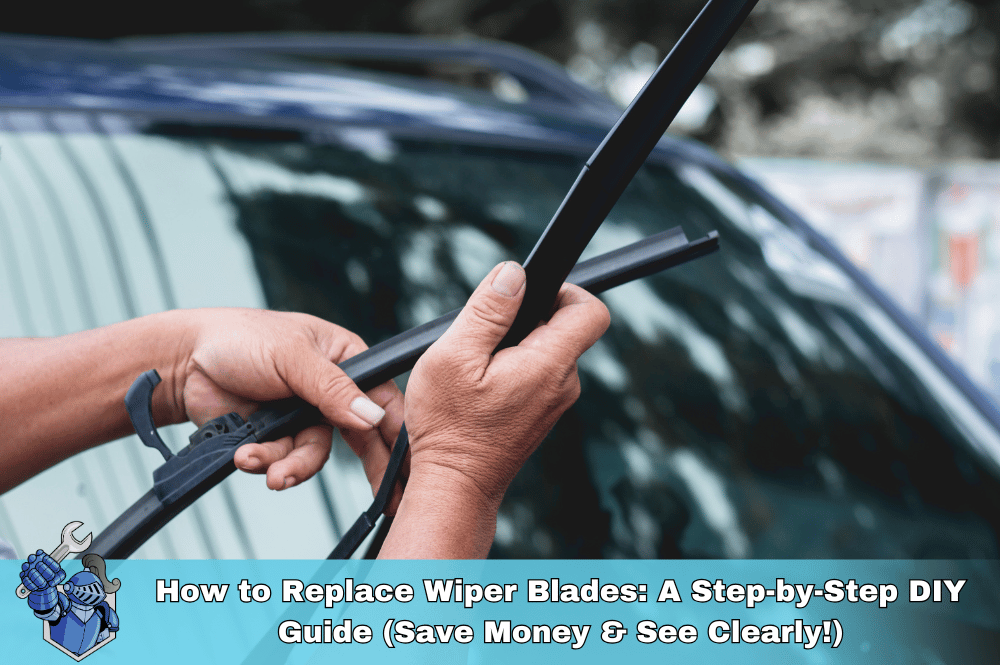 How to Replace Wiper Blades: A Step-by-Step DIY Guide (Save Money & See Clearly!)
How to Replace Wiper Blades: A Step-by-Step DIY Guide (Save Money & See Clearly!) The 2025 Automotive Retirement Number: What Auto Pros Need to Save for a Comfortable Ride
The 2025 Automotive Retirement Number: What Auto Pros Need to Save for a Comfortable Ride The Ultimate Guide to Cheap Car Insurance: Find Your Lowest Rates in 2025
The Ultimate Guide to Cheap Car Insurance: Find Your Lowest Rates in 2025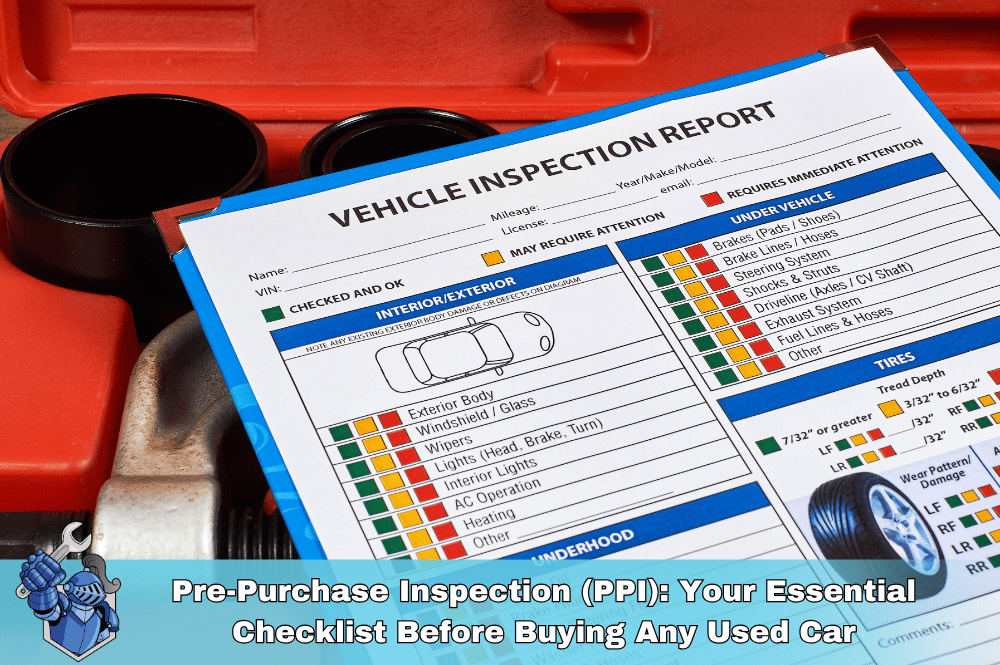 Pre-Purchase Inspection (PPI): Your Essential Checklist Before Buying Any Used Car
Pre-Purchase Inspection (PPI): Your Essential Checklist Before Buying Any Used Car Unearthing Automotive Gold: The Underrated Used Cars You Need to Buy Now
Unearthing Automotive Gold: The Underrated Used Cars You Need to Buy Now The Last Ride: Why the 2025 Audi A4 is the Ultimate Collectible (and Daily Driver)
The Last Ride: Why the 2025 Audi A4 is the Ultimate Collectible (and Daily Driver) 2025 Corvette ZR1: The Ultimate Guide to Specs, Price, and Performance
2025 Corvette ZR1: The Ultimate Guide to Specs, Price, and Performance Headlight Restoration & Bulb Replacement: The Ultimate Guide to Perfect Car Lighting
Headlight Restoration & Bulb Replacement: The Ultimate Guide to Perfect Car Lighting Does Driving for Uber/Lyft/DoorDash Void Your Car’s Warranty? & How to Get Covered
Does Driving for Uber/Lyft/DoorDash Void Your Car’s Warranty? & How to Get Covered 2025 BMW X7 vs. Mercedes-Benz GLS: Which Luxury SUV Reigns Supreme?
2025 BMW X7 vs. Mercedes-Benz GLS: Which Luxury SUV Reigns Supreme? The Ultimate Guide to Motorcycle Extended Warranties: Is It Worth It for Your Ride?
The Ultimate Guide to Motorcycle Extended Warranties: Is It Worth It for Your Ride? Barbie's Dream Car: The Ultimate EV Conversion? (And Why Even Fantasy Needs a Real Warranty)
Barbie's Dream Car: The Ultimate EV Conversion? (And Why Even Fantasy Needs a Real Warranty)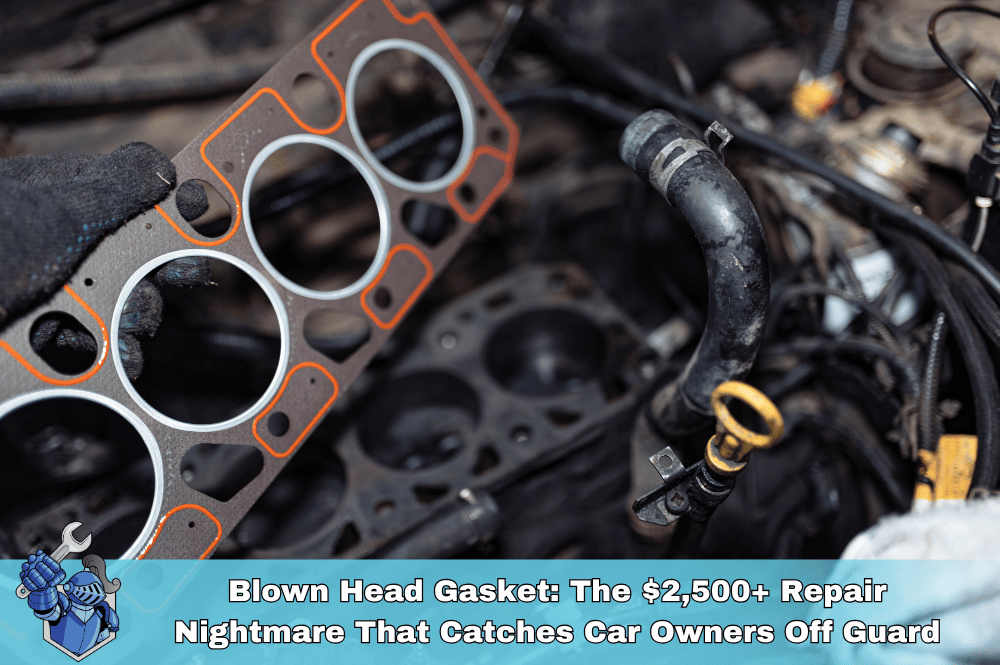 Blown Head Gasket: The $2,500+ Repair Nightmare That Catches Car Owners Off Guard – Learn How to Prepare
Blown Head Gasket: The $2,500+ Repair Nightmare That Catches Car Owners Off Guard – Learn How to Prepare 2025 Cadillac Lyriq Review: The Ultimate Luxury Electric SUV?
2025 Cadillac Lyriq Review: The Ultimate Luxury Electric SUV? Drive Smarter: Unlock Vehicle Protection with 0% APR Service Contract Payments
Drive Smarter: Unlock Vehicle Protection with 0% APR Service Contract Payments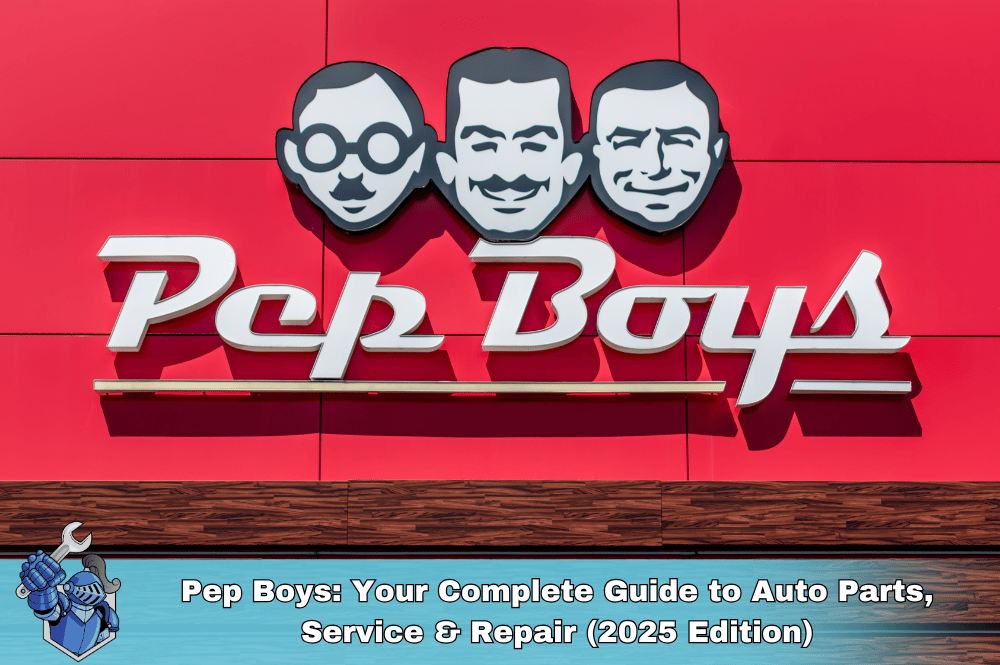 Pep Boys: Your Complete Guide to Auto Parts, Service & Repair (2025 Edition)
Pep Boys: Your Complete Guide to Auto Parts, Service & Repair (2025 Edition) 2025 Harley-Davidson Sportster S: The Ultimate Review & Buyer’s Guide
2025 Harley-Davidson Sportster S: The Ultimate Review & Buyer’s Guide New Jersey Car Insurance Laws 2025–2026: Your Essential Guide to What’s Changed & What’s Next
New Jersey Car Insurance Laws 2025–2026: Your Essential Guide to What’s Changed & What’s Next The Ultimate Dodge Viper Guide: All Generations, Specs, & History (1991–2017)
The Ultimate Dodge Viper Guide: All Generations, Specs, & History (1991–2017) Meineke Oil Change: Everything You Need to Know (Prices, Packages, and Why It Matters)
Meineke Oil Change: Everything You Need to Know (Prices, Packages, and Why It Matters) The Connected Car’s 'Black Box': How Your Data Impacts Warranty Claims
The Connected Car’s 'Black Box': How Your Data Impacts Warranty Claims 2025 Porsche Taycan: The Ultimate Guide to Porsche's Electrifying Evolution
2025 Porsche Taycan: The Ultimate Guide to Porsche's Electrifying Evolution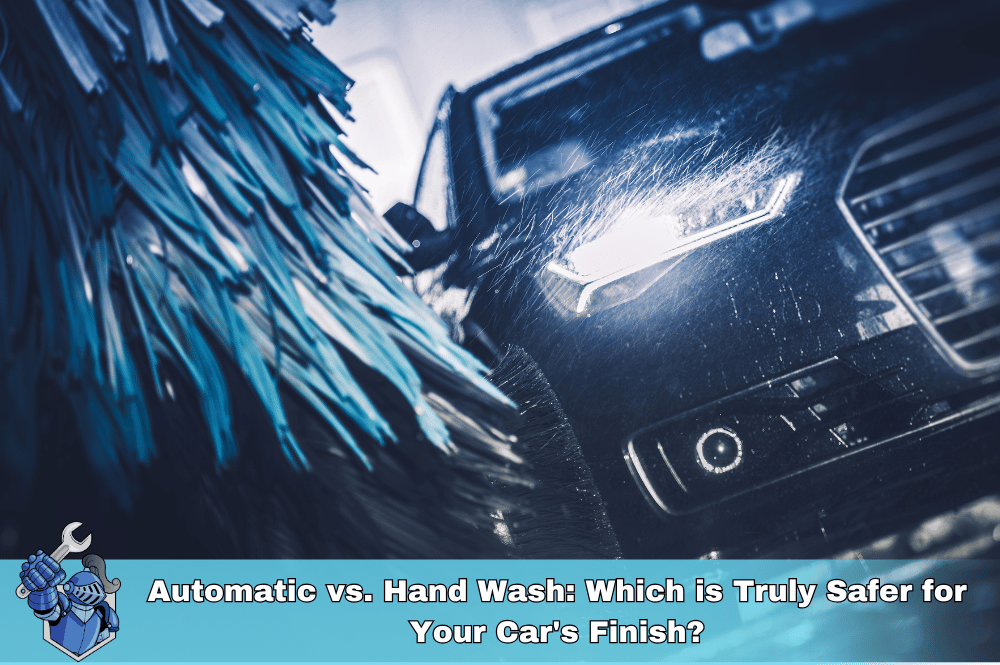 Automatic vs. Hand Wash: Which is Truly Safer for Your Car's Finish?
Automatic vs. Hand Wash: Which is Truly Safer for Your Car's Finish? The Ultimate Toyota RAV4 Guide: Every Generation Explored (1994–Present)
The Ultimate Toyota RAV4 Guide: Every Generation Explored (1994–Present) Homeowners Insurance vs. Home Warranty: A Clear Breakdown for Every Homeowner
Homeowners Insurance vs. Home Warranty: A Clear Breakdown for Every Homeowner Erie Auto Insurance Review 2025: Rates, Discounts, & Why Drivers Choose It
Erie Auto Insurance Review 2025: Rates, Discounts, & Why Drivers Choose It The Ultimate Bentley Bentayga Buyer’s Guide: Every Model, Trim & Real-World Ownership Costs
The Ultimate Bentley Bentayga Buyer’s Guide: Every Model, Trim & Real-World Ownership Costs The Ultimate Lamborghini Urus Buyer's Guide: Every Generation, Model, & What You Need to Know Before Owning
The Ultimate Lamborghini Urus Buyer's Guide: Every Generation, Model, & What You Need to Know Before Owning Mazda6 Generations Explained: A Complete History & Buyer's Guide (All Models)
Mazda6 Generations Explained: A Complete History & Buyer's Guide (All Models) The True Cost of Luxury Car Repair: Are You Paying Too Much Without a Vehicle Service Contract?
The True Cost of Luxury Car Repair: Are You Paying Too Much Without a Vehicle Service Contract? Full Tort vs. Limited Tort in Pennsylvania: Which is Right for You? (A Driver's Definitive Guide)
Full Tort vs. Limited Tort in Pennsylvania: Which is Right for You? (A Driver's Definitive Guide) Chubb Auto Insurance: The Premier Choice for Luxury, Exotic, and Classic Cars
Chubb Auto Insurance: The Premier Choice for Luxury, Exotic, and Classic Cars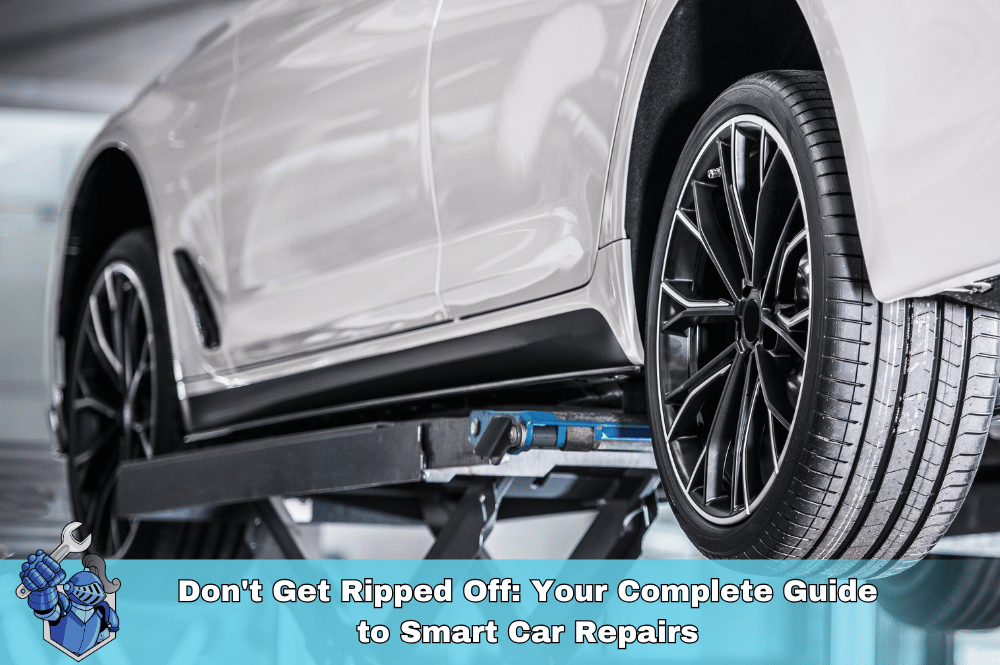 Don't Get Ripped Off: Your Complete Guide to Smart Car Repairs
Don't Get Ripped Off: Your Complete Guide to Smart Car Repairs Cash vs. Car Loan: Which is Right for Your Next Vehicle Purchase?
Cash vs. Car Loan: Which is Right for Your Next Vehicle Purchase? The New Land Rover Defender: Redefining Rugged Luxury (Your Ultimate Review & Buying Guide)
The New Land Rover Defender: Redefining Rugged Luxury (Your Ultimate Review & Buying Guide) The Silent Killer: Why Not Driving Your Car Wears It Out Faster Than You Think
The Silent Killer: Why Not Driving Your Car Wears It Out Faster Than You Think Beyond the Basics: Unpacking AIG's Elite Auto Insurance for High-Net-Worth Drivers
Beyond the Basics: Unpacking AIG's Elite Auto Insurance for High-Net-Worth Drivers The Ultimate 2025 Hyundai Santa Fe Review: Your Complete Buyer’s Guide
The Ultimate 2025 Hyundai Santa Fe Review: Your Complete Buyer’s Guide The Repair Shop Rejection Reflex: Why Customers Say No to Essential Car Fixes
The Repair Shop Rejection Reflex: Why Customers Say No to Essential Car Fixes Rolls-Royce Cullinan Review: Is This the World's Ultimate Luxury SUV?
Rolls-Royce Cullinan Review: Is This the World's Ultimate Luxury SUV? Amica Auto Insurance Review 2025: Unpacking Value, Dividends, and Why It Consistently Ranks #1 for Service
Amica Auto Insurance Review 2025: Unpacking Value, Dividends, and Why It Consistently Ranks #1 for Service Get Your Price Instantly: The Smart Way to Buy & Manage Your Car's Extended Warranty Online with NobleQuote
Get Your Price Instantly: The Smart Way to Buy & Manage Your Car's Extended Warranty Online with NobleQuote The Ultimate 2025 Nissan Armada Buyer's Guide: Everything You Need to Know
The Ultimate 2025 Nissan Armada Buyer's Guide: Everything You Need to Know Rideshare Safety Unlocked: The Ultimate Guide to Secure Uber & Lyft Rides
Rideshare Safety Unlocked: The Ultimate Guide to Secure Uber & Lyft Rides The Ultimate Guide to Home Warranty Plumbing Coverage: What's Covered, What's Not, and Why It Matters
The Ultimate Guide to Home Warranty Plumbing Coverage: What's Covered, What's Not, and Why It Matters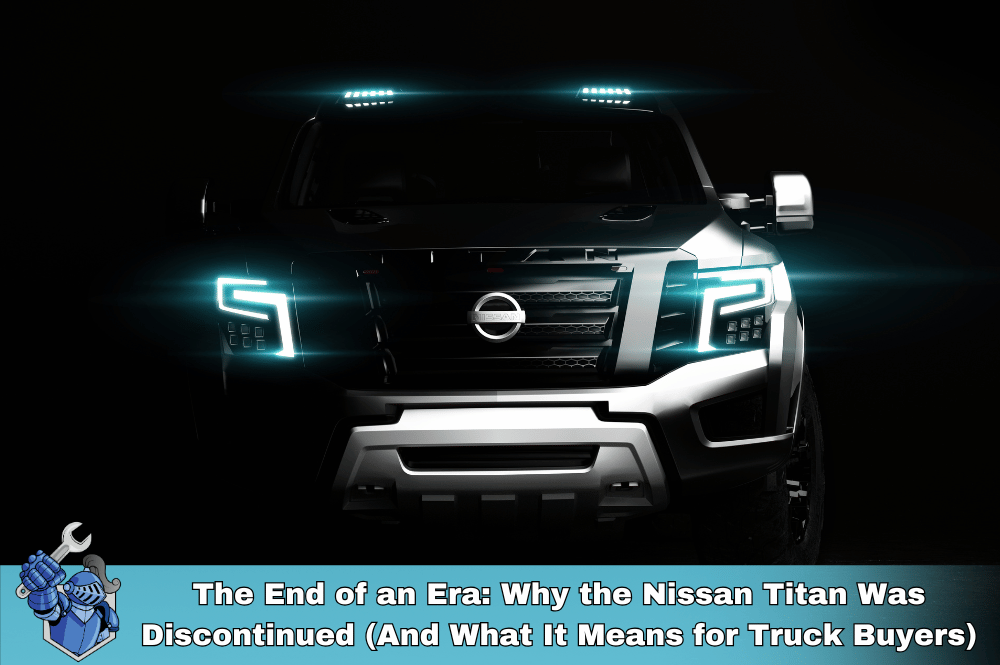 The End of an Era: Why the Nissan Titan Was Discontinued (And What It Means for Truck Buyers)
The End of an Era: Why the Nissan Titan Was Discontinued (And What It Means for Truck Buyers) CAN Bus Explained: How Your Car's Digital Network Connects Everything (and Why It Matters)
CAN Bus Explained: How Your Car's Digital Network Connects Everything (and Why It Matters) Drive: The Ryan Gosling Movie That Defined a Generation of Car Culture
Drive: The Ryan Gosling Movie That Defined a Generation of Car Culture The Ultimate Guide to the 2025 Jaguar F-Pace: Performance, Luxury & Value
The Ultimate Guide to the 2025 Jaguar F-Pace: Performance, Luxury & Value Confessions of a Car Salesperson: What They Don’t Want You to Know (And How to Use It to Your Advantage)
Confessions of a Car Salesperson: What They Don’t Want You to Know (And How to Use It to Your Advantage)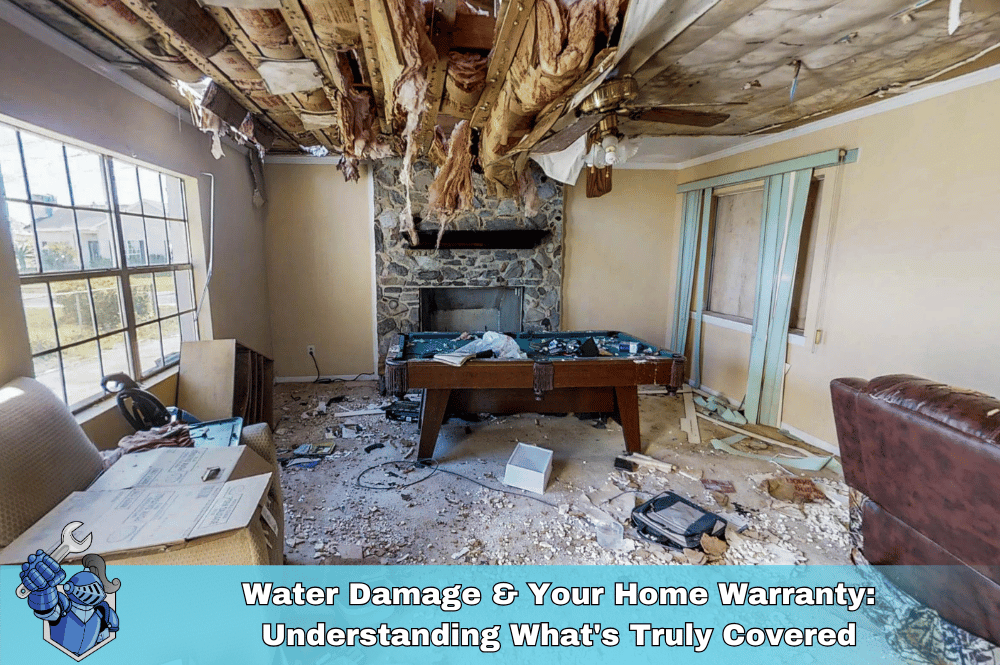 Water Damage & Your Home Warranty: Understanding What's Truly Covered (and What Isn't!)
Water Damage & Your Home Warranty: Understanding What's Truly Covered (and What Isn't!)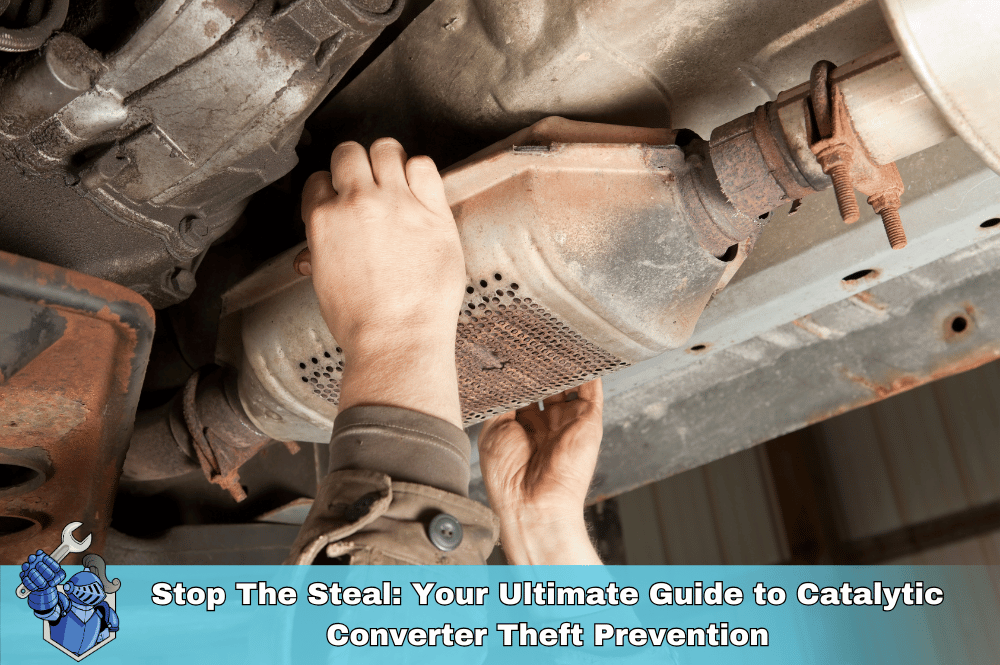 Stop The Steal: Your Ultimate Guide to Catalytic Converter Theft Prevention
Stop The Steal: Your Ultimate Guide to Catalytic Converter Theft Prevention The Ultimate Hummer H2 Buyer’s Guide: Common Problems, Reliability, and What to Know Before You Buy
The Ultimate Hummer H2 Buyer’s Guide: Common Problems, Reliability, and What to Know Before You Buy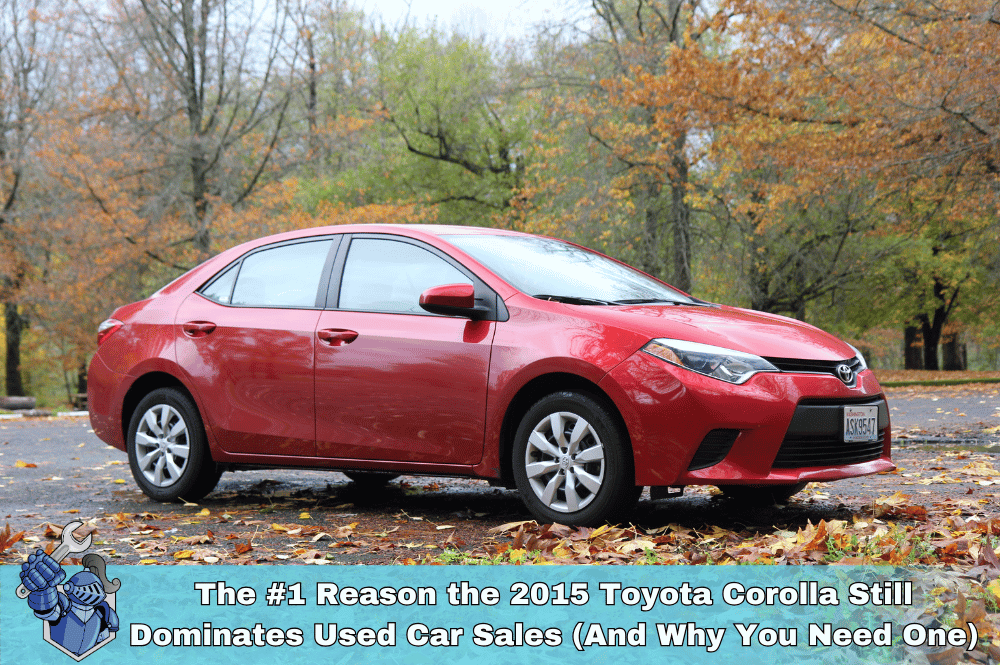 The #1 Reason the 2015 Toyota Corolla Still Dominates Used Car Sales (And Why You Need One)
The #1 Reason the 2015 Toyota Corolla Still Dominates Used Car Sales (And Why You Need One)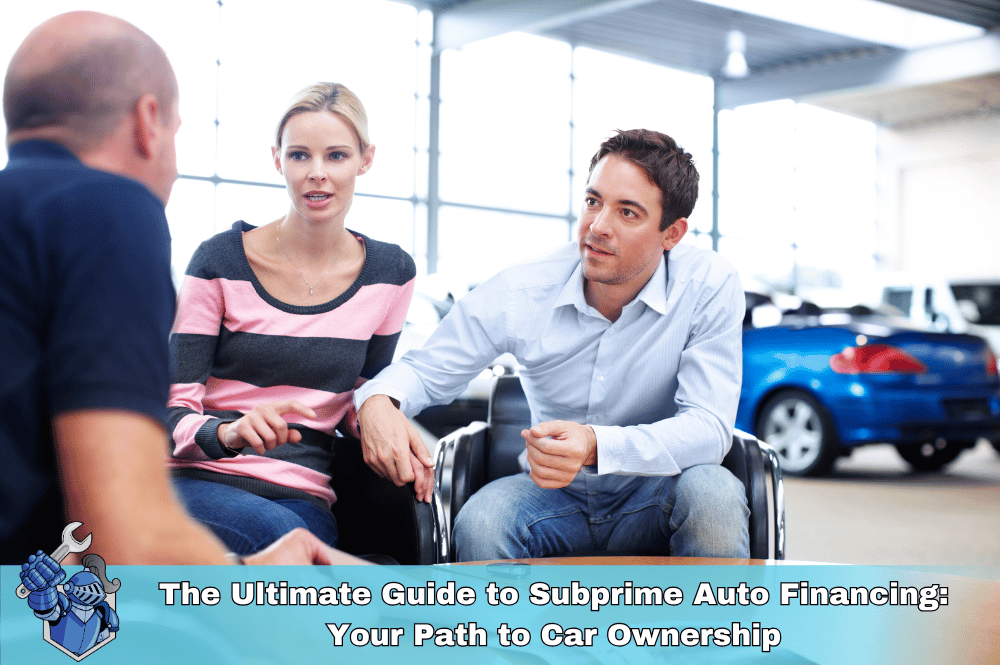 The Ultimate Guide to Subprime Auto Financing: Your Path to Car Ownership
The Ultimate Guide to Subprime Auto Financing: Your Path to Car Ownership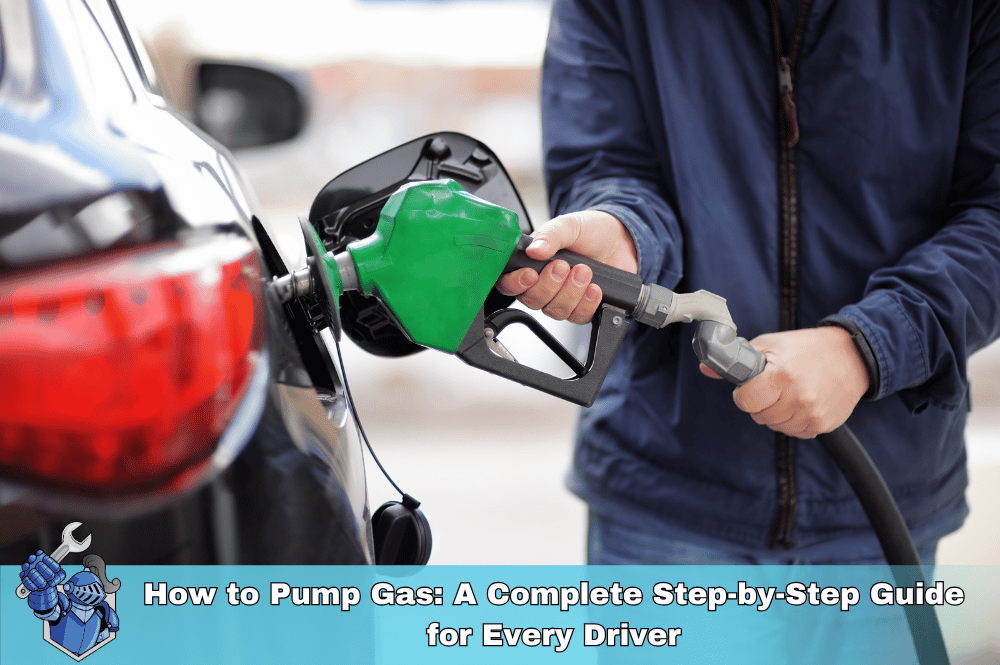 How to Pump Gas: A Complete Step-by-Step Guide for Every Driver
How to Pump Gas: A Complete Step-by-Step Guide for Every Driver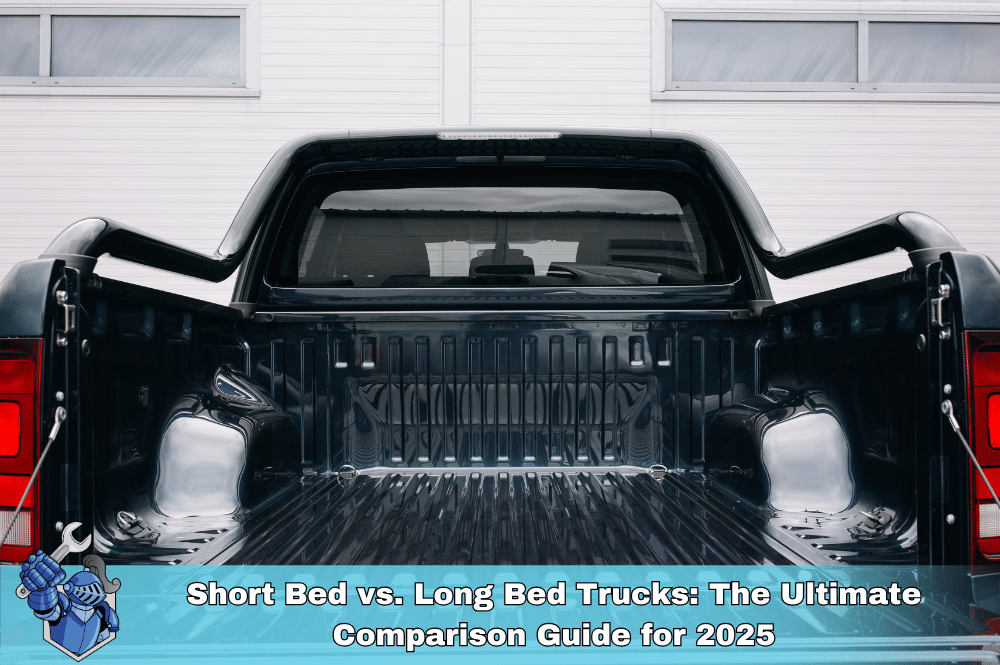 Short Bed vs. Long Bed Trucks: The Ultimate Comparison Guide for 2025
Short Bed vs. Long Bed Trucks: The Ultimate Comparison Guide for 2025 Don’t Get Scammed: Why Reading Your VSC Contract is Your #1 Defense
Don’t Get Scammed: Why Reading Your VSC Contract is Your #1 Defense The Metaverse of Mayhem: How Virtual Driving & AI Simulations Are Rewriting Auto Insurance
The Metaverse of Mayhem: How Virtual Driving & AI Simulations Are Rewriting Auto Insurance